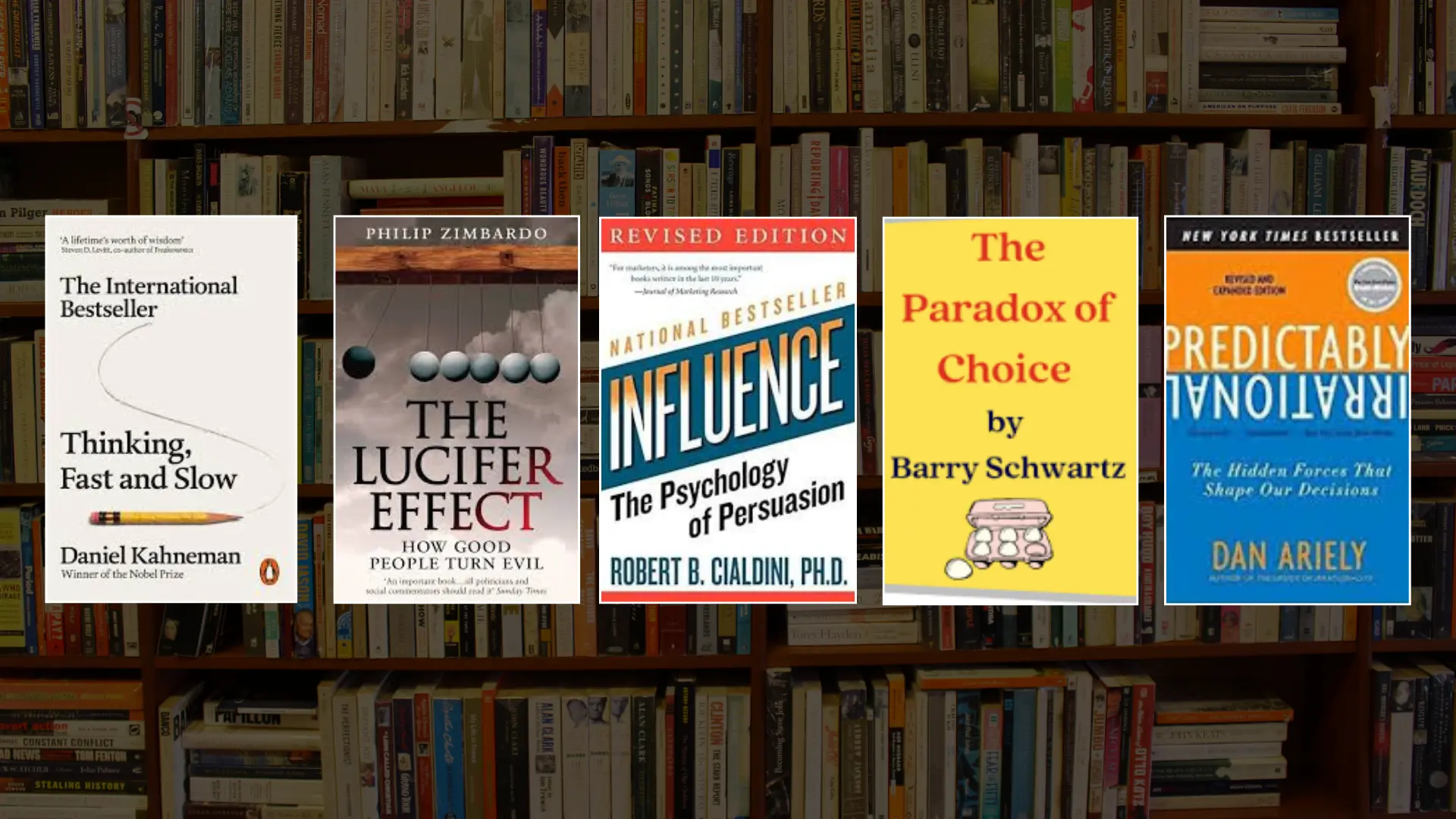MHI conference in Mumbai urges examining mental health through a social justice lens
Mariwala Health Initiative, in collaboration with KC College, Mumbai, brought together academics, activists, and mental health professionals to examine how systemic inequalities shape psychological distress and access to care at its mental health conference, Counter Narratives.
On February 7 and 8, the Mariwala Health Initiative (MHI), in collaboration with the Hyderabad Sind National Collegiate (HSNC) University and the Departments of Sociology and Psychology at KC College, Mumbai, inaugurated its 'Counter-Narratives' conference series at the college premises in an event, titled 'Mental Health of Marginalised Communities: Perspectives from India'.
In its very first edition, the conference focused on the intersections of mental health with caste, gender, sexuality, disability, and socio-economic status, highlighting how systemic inequalities shape psychological distress. It offered a critical platform for scholars, practitioners, and community members to challenge dominant narratives around mental health and foreground experiences often sidelined in mainstream discourse.
Among the organisations participating were the Kerala State Health Systems Resource, and NGOs including Anubhuti Trust, Guftagu, Umul, and Dalit Desk.
A key theme discussed was the need to move beyond individualised, medicalised approaches to mental health and instead adopt intersectional, community-driven solutions
"The reason we need conversations at the intersection of mental health, social justice and political justice is that people from some of the largest social-political structures and systems in the country—including doctors, lawyers, politicians and the media—still place the onus of mental health improvement on the individual, rather than the structures that create distress in them," said Amalina Sengupta, Training Associate with MHI.
Speakers discussed how mental health cannot be understood in isolation but must be examined within the broader structures of oppression—such as caste-based discrimination, gender violence, queerphobia, and economic marginalisation. Through panel discussions, research presentations, and lived experience storytelling, the conference unpacked how these intersecting factors exacerbate mental health distress and create barriers to care.
Another critical discussion point was the role of state policies and institutional structures in reinforcing exclusion. The conference highlighted the necessity of decolonising mental health care by embracing indigenous healing practices, community-led interventions, and rights-based approaches. It also emphasised the importance of accessible and affordable mental health services that account for diverse identities and lived realities.
By bringing together academics, mental health professionals, activists, and affected communities, Counter-Narratives aimed to set a powerful precedent for reshaping mental health discourse in India.
"Our hope is that when people in positions of power in the social sector, media, law and activism spaces come together in spaces such as these, they listen to the voices of marginalised people with lived experience, and take that back to their institutions to create change," said Sengupta.
Edited by Kanishk Singh






